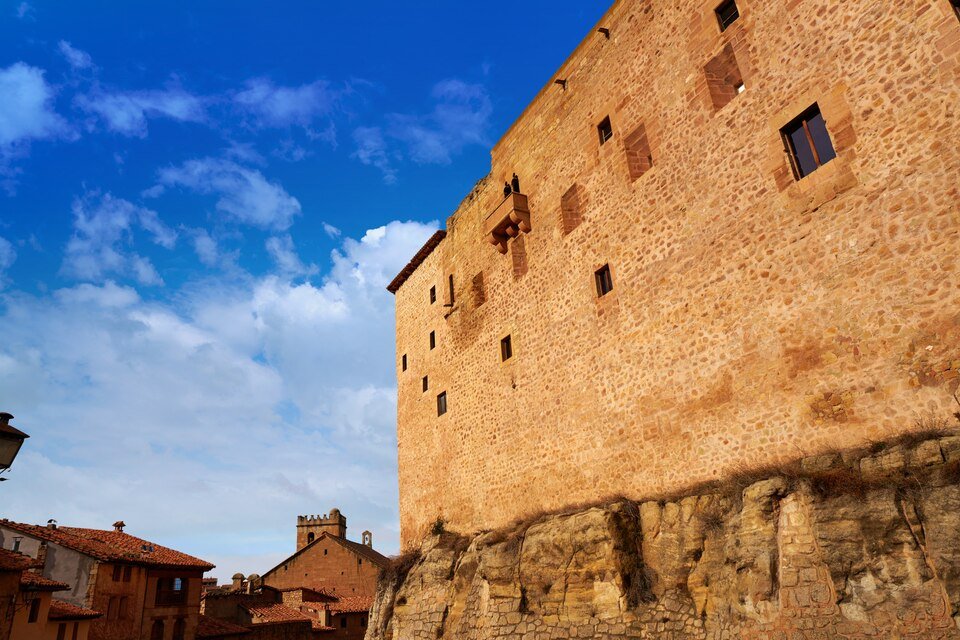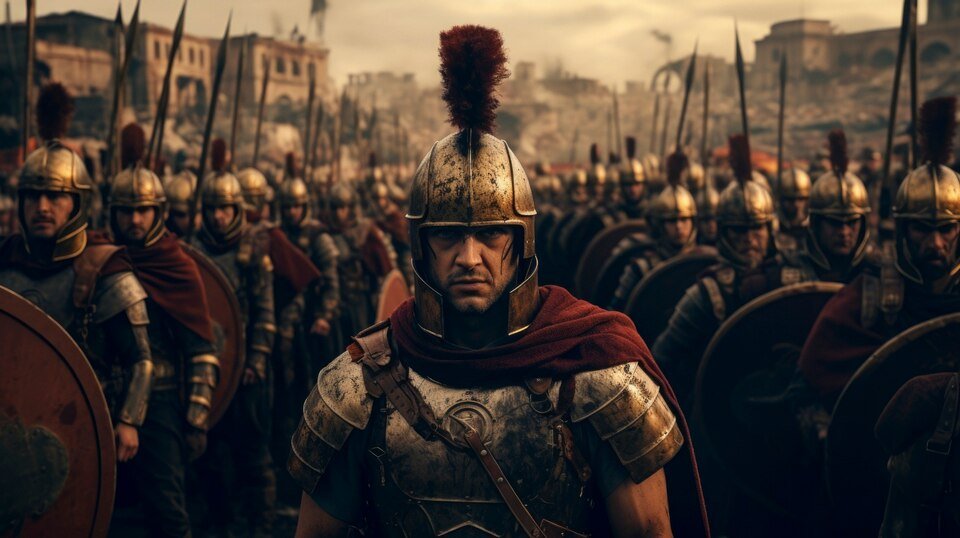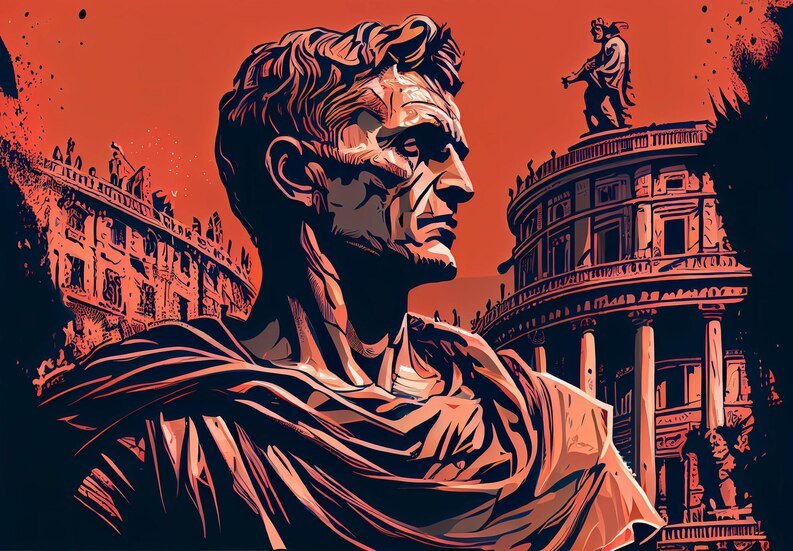Alexander the Great: Conquering the Known World
Alexander the Great, the legendary Macedonian conqueror, is one of history’s most iconic figures. His military genius, ambition, and charisma propelled him to conquer vast territories, reshaping the political and cultural landscape of the ancient world. In this exploration, we delve into the life, military strategies, and far-reaching impact of Alexander the Great.
The Early Years of Alexander
Birth and Education
King Philip II and Queen Olympias welcomed Alexander into the world in Pella, the capital of the Kingdom of Macedon, in 356 BCE. He received a rigorous education under the tutelage of the philosopher Aristotle, who instilled in him a love for learning, philosophy, and literature.
Ascension to the Throne
At the age of 20, Alexander ascended to the throne of Macedon following the assassination of his father, King Philip II, in 336 BCE. He inherited a powerful and well-trained army, as well as ambitions to expand Macedonian influence beyond its borders.
Military Campaigns and Strategies
Conquest of Persia
Alexander’s most famous military campaign was his invasion of the Persian Empire. In 334 BCE, he crossed the Hellespont with an army of approximately 35,000 men, embarking on a conquest that would ultimately bring down the mighty Persian Empire.

Battle Tactics
Alexander was a master tactician, known for his innovative strategies and bold maneuvers on the battlefield. To vanquish his adversaries, he used infantry, cavalry, and siege warfare. His use of the phalanx formation, combined with swift cavalry charges, proved highly effective against larger and more diverse enemy forces.
Speed and Mobility
One of Alexander’s key military advantages was his army’s speed and mobility. He conducted rapid marches and surprise attacks, catching his enemies off guard and preventing them from organizing effective resistance. His ability to cover vast distances quickly allowed him to outmaneuver larger Persian armies and conquer territories with remarkable speed.
Legacy of Alexander the Great
Spread of Hellenistic Culture
Alexander’s conquests had a profound impact on the spread of Hellenistic culture throughout the ancient world. He founded numerous cities, many of which became centers of learning, trade, and culture. The blending of Greek, Persian, Egyptian, and other cultures in these cosmopolitan cities laid the foundation for the Hellenistic era.

Political Influence
Alexander’s empire extended from Greece to Egypt and as far east as India, encompassing diverse peoples and territories. Although his empire fragmented after his death, his conquests laid the groundwork for the rise of successor states, including the Seleucid Empire in the Near East and the Ptolemaic Kingdom in Egypt.
Military Innovations
Alexander’s military innovations and tactics influenced warfare for centuries to come. His use of combined arms, maneuver warfare, and strategic mobility set a precedent for future military commanders. His legacy inspired later conquerors, including Julius Caesar and Napoleon Bonaparte, who studied his campaigns and adopted his strategies.
Conclusion
Alexander the Great’s legacy as a military leader, visionary conqueror, and cultural icon continues to captivate historians and enthusiasts alike. His conquests reshaped the ancient world, leaving behind a legacy of innovation, ambition, and enduring influence. From his early education under Aristotle to his epic military campaigns, Alexander’s life is a testament to the power of determination, courage, and leadership.
FAQs
What was Alexander the Great’s most famous military campaign?
Alexander’s most famous military campaign was his invasion of the Persian Empire, which began in 334 BCE. This campaign ultimately led to the downfall of the Persian Empire and the extension of Macedonian influence across Asia.
What were Alexander the Great’s key military strategies?
Alexander employed a combination of infantry, cavalry, and siege warfare in his military campaigns. He was known for his innovative tactics, including the use of the phalanx formation, swift cavalry charges, and rapid marches to outmaneuver his enemies.
What was the lasting impact of Alexander the Great’s conquests?
Alexander’s conquests had a lasting impact on the spread of Hellenistic culture, the political landscape of the ancient world, and military tactics and strategy. His empire laid the foundation for the rise of successor states and influenced later conquerors and military commanders.
What cities did Alexander the Great found?
Alexander founded numerous cities throughout his empire, including Alexandria in Egypt, Alexandria in Afghanistan, and Alexandria Eschate in modern-day Tajikistan. These cities served as centers of trade, culture, and learning, spreading Greek influence across the ancient world.
How did Alexander the Great die?
At the age of 32, Alexander the Great passed away in Babylon in 323 BCE. The exact cause of his death remains a subject of debate among historians, with theories ranging from illness to poisoning.




